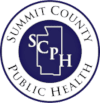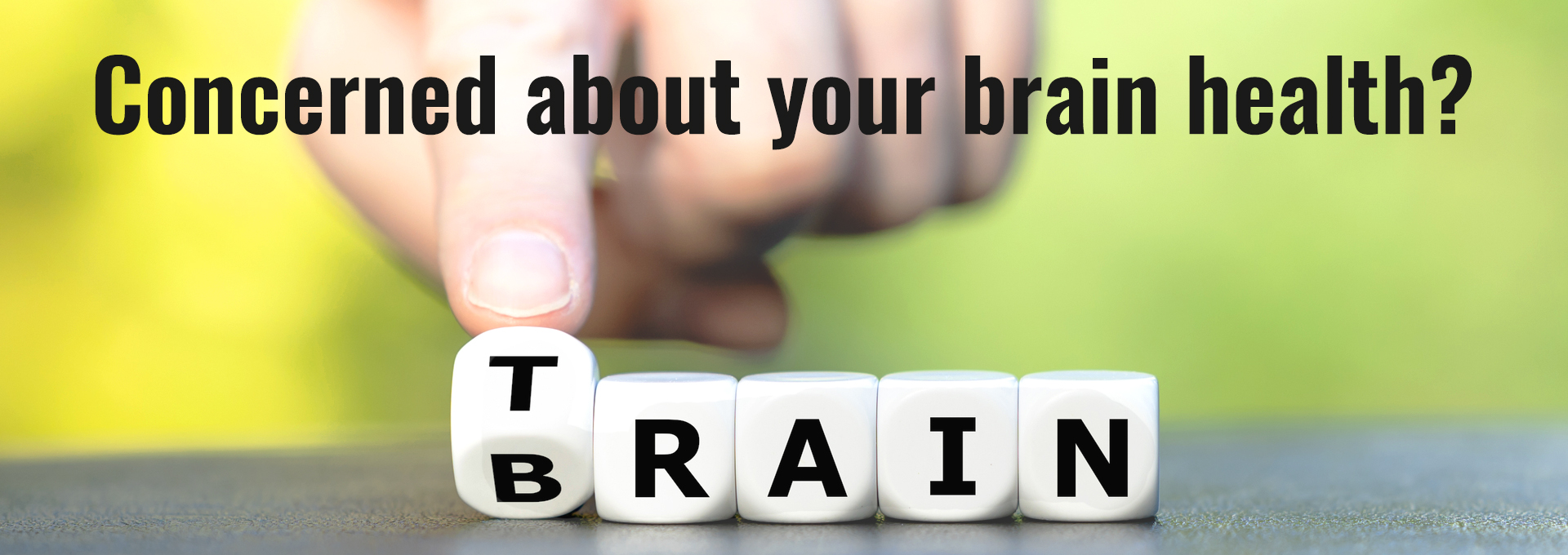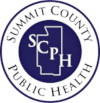If you suffer from a chronic health condition, like heart disease, high blood pressure, diabetes, or sleep problems, your brain health could be affected. You may also be at greater risk if you consume alcohol, use certain medications, or have experienced an injury to your head. Even if you’re in relatively good health, there are factors that can impact your memory.
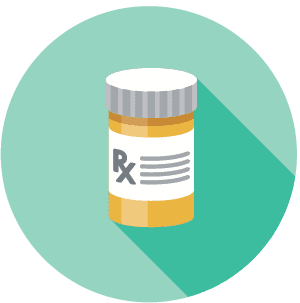
Some prescription medicines can affect the way your brain functions. Talk to your doctor about the impact your meds may be having.
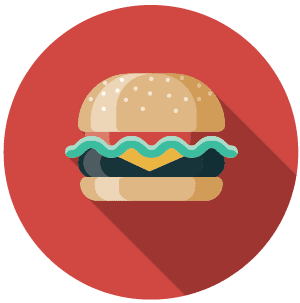
Diets rich in saturated fat (like beef, butter, and cheese) and refined carbohydrates (like pasta, sweets, and soda) are linked to declining brain health.
Learn more.
The first step to improving your brain health is understanding where you stand now. Talk to your primary care physician to schedule a cognitive screening. The process will only take a few minutes, but it will help you and your caregivers fully understand if there are any areas of concern.
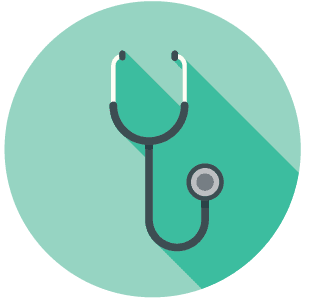
Discuss all the prescription and over-the-counter medicines you take to determine if any are negatively impacting your brain health. If you’re not doing so already, put a plan in place to manage your chronic health issues, such as high cholesterol, and high blood pressure.
Learn more.

Look at ways to improve your diet. Make fruits, vegetables, and whole grains a major part of your meals. Add lean meats, fish, and poultry and choose low- or non-fat dairy.
Learn more.
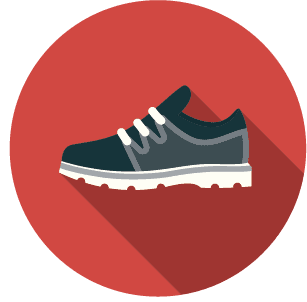
Talk to a health care provider to see what activities are best for you. Low impact exercises like walking, biking and water aerobics can go a long way in helping to protect your brain health. You may also consider joining community programs that keep you active and involved.
Learn more.




If you or a loved one are experiencing memory loss, know that you are not alone. There are a wide range of helpful resources available to you that can provide the information, guidance and support you need. Ready to get started on this journey together? Click the SIGN UP button below.
Still have questions? We offer a wide range of helpful resources for both you and your loved ones. Knowledge is power. So call us today.
Call: 330-926-5650It’s important to learn how to recognize and prevent brain disease. We offer educational courses focused on brain health risk factors and prevention methods.
We offer services that provide support to caregivers and individuals with dementia.
Call: 330-926-5650or email: seniorservices@scph.org
We’ve found a wide range of outside resources that may be helpful to you as well. Here are some of our favorites.
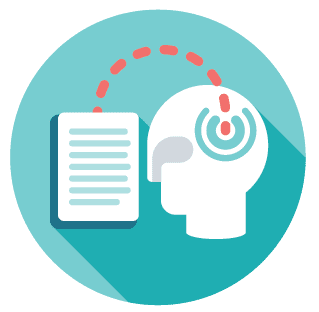
The Administration on Community Living offers additional information on brain health as well as a wealth of resources you can access for free.

Formed in 1980, the Alzheimer's Association is the leading voluntary health organization in Alzheimer's care, support and research.

The National Institute on Aging offers a variety of informative articles on brain health and aging.
